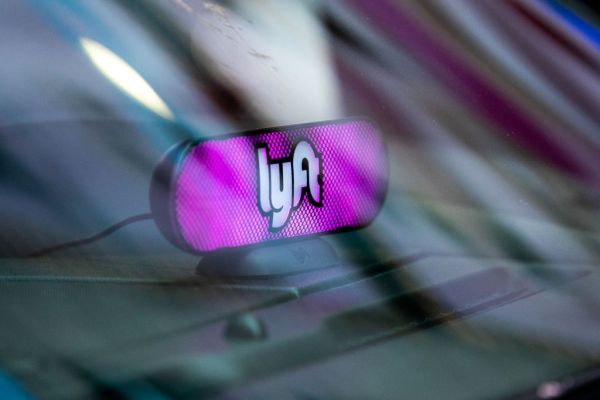
Shares of popular American ride-hailing giant Lyft are off 1.5% today in regular trading after The New York Times reported that the company would cut some staff. TechCrunch confirmed with the company that 90 individuals are expected to be impacted by the changes. The company’s shares dipped as far as 3% before recovering.
In a statement, the company said that it has “carefully evaluated the resources we need to achieve our 2020 business goals, and the restructuring of some of our teams reflects that. We are still growing rapidly and plan to hire more than 1,000 new employees this year.”
Lyft has been under pressure along with industry peer Uber to show a path to profitability after a history of cash burn and unprofitability.
During its most recent earnings report, Q3 2019, Lyft said that it expects “to be profitable on an adjusted EBITDA basis in the fourth quarter of 2021,” earlier than previously expected. The company’s shares have traded under its IPO price since its debut; worth $72 per share when it went public, Lyft is worth a little more than $47 per share today.
According to the company, marketing and enterprise sales teams were impacted.
Uber, Lyft’s chief domestic rival, also cut staff in recent months. A host of other so-called “unicorn” companies have also reduced their staffing in recent quarters as investors, both public and private, have changed their mood toward losses — gone are the days when expensive, unprofitable growth was hailed as bold. Today, revenue growth stapled to rapidly shrinking unprofitability or even profits is in vogue.
And Lyft, with promises on the board to reach adjusted profitability inside the next eight quarters, has a clock ticking next to its income statement.
The company has made some progress in reducing its losses. In its most-recent quarter, for example, the company’s adjusted net loss fell from $245.3 million (Q3 2018) to $121.6 million (Q3 2019) as its revenue grew from $585.0 million to $955.6 million over the same period. The company’s losses inclusive of all costs worsened over the year, but its Q3 2019 quarter included a huge share-based compensation expense, and $86.6 million charge. Whether investors view the package of adjusted and GAAP results as improvements is up for debate. But, the company’s operating cash flow did improve over the same period.
The results gisted down to an adjusted EBITDA loss of $128.1 million in the third quarter of 2019, far from zero, but a far slimmer percent-of-revenue result compared to the year-ago quarter (Q3 2018).
Lyft will announce its Q4 2019 results on February 11, in about two weeks. We’ll know more about its profitability quest then.



